Why Is the Unreformed Senate of Canada still unreformed almost 100 years later?
Apr 29th, 2023 | By Randall White | Category: Key Current Issues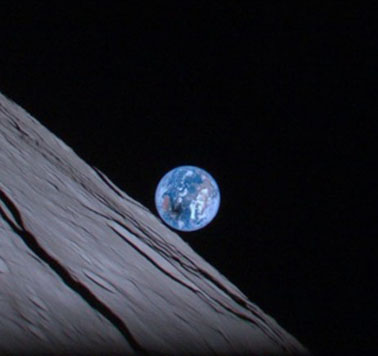
OTTAWA VIEWED FROM A (COMPARATIVELY SHORT) DISTANCE WEST. RANDALL WHITE, FERNWOOD PARK, TORONTO, FRIDAY, APRIL 28, 2023. A few recent items in the news raise a few fresh questions about just what is going on in the Trudeau-Liberal-reformed Senate of Canada in the second quarter of 2023? See, eg, “P.E.I. Senate replacements taking too long, says Downe … No other province has half of its seats vacant, senator says.”
And then there’s the Senate’s role in prolonging passage of Bill C-11 to regulate online streaming. For the last stages here see : “’Time to move on,’ minister says, as Senate debates passing Bill C-11 without further changes”; “With Bill C-11 on the verge of becoming law, Senate Conservatives decry gov’t debate cut-off plans” ; and “Controversial bill to regulate online streaming becomes law … Bill C-11 prompted much debate in its tumultuous journey through Parliament.”
The long journey to the Independent Advisory Board for Senate Appointments
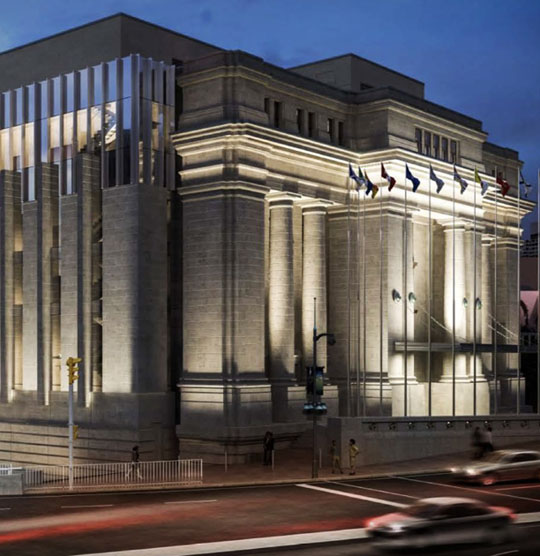
Both the current Trudeau Liberal and the preceding Harper Conservative governments have made half-hearted efforts to reform a Senate of Canada that still has more in common with the UK House of Lords than the US or Australian Senates (or “upper houses”). Former PM Harper at least aptly characterized the current Canadian upper house as “a relic of the 19th century.”
In a 21st century parliamentary democracy that was at all serious about democratic politics the Senate of Canada would have been reformed long ago. (Back, say, when Robert A. MacKay first published his seminal The Unreformed Senate of Canada in 1926 . And this was 13 years after the US Senate became elected by popular vote, with the ratification of the Seventeenth Amendment. In Canada’s fellow former British dominion and current Commonwealth realm of Australia, a Senate elected by popular vote was born with the Constitution of the modern country itself in 1901 — 25 years before Mr. MacKay’s still instructive book on a Senate effectively appointed by the federal prime minister in Canada.)
It may or may not be a sign of some more recent and more or less serious democratic energy in Canadian federal politics that both the Harper and Trudeau governments have made some effort at various restrained versions of Senate reform (ie that do not involve any quixotic Canadian constitutional adventures). And Wikipedia offers some quick and dirty (and useful) background here : “Harper had advocated for an elected Senate for decades, but his proposals were blocked by a 2014 Supreme Court ruling that requires a constitutional amendment” (approved by the federal parliament and seven provinces with at least 50% of the Canada-wide population).
Wikipedia goes on : “In 2014 Liberal leader Justin Trudeau expelled all senators from the Liberal caucus and, as prime minister in 2016, created the Independent Advisory Board for Senate Appointments, both of which were attempts to make the Senate less partisan without requiring constitutional change. Members of the board include members from each jurisdiction where there is a vacancy. The prime minister is not bound to accept the board’s recommendation. Some provinces refused to participate, stating that it would make the situation worse by lending the Senate some legitimacy. Since this new appointments process was launched in 2016, 66 new senators, all selected under this procedure, were appointed to fill vacancies. All Canadians may now apply directly for a Senate appointment at any time, or nominate someone they believe meets the merit criteria.”
“Men and women of accomplishment and experience”

All Canadians may now be able to apply directly, but the three recent appointments this past November just suggest what might be called the best kinds of prime ministerial Senate appointments under the old system.
(“The Prime Minister, Justin Trudeau, today announced that the Governor General appointed Dr. Sharon Burey, Mr. Andrew Cardozo, and Rear-Admiral Rebecca Patterson as independent senators to fill vacancies for Ontario.”)
As explained online by the Senate of Canada itself : “Canada’s 105 senators are men and women of accomplishment and experience. They are business people and scientists, judges and teachers, athletes, community leaders and senior civil servants who use their lifetimes of expertise to ensure Parliament acts in the best interests of Canadians.”
It is also worth noting, I think, that the Trudeau government’s efforts have at least managed to re-shape the Commons-style partisanship in the Senate And it is of course nothing quite like 66 new independent voices ensuring Parliament acts in the best interests of Canadians.
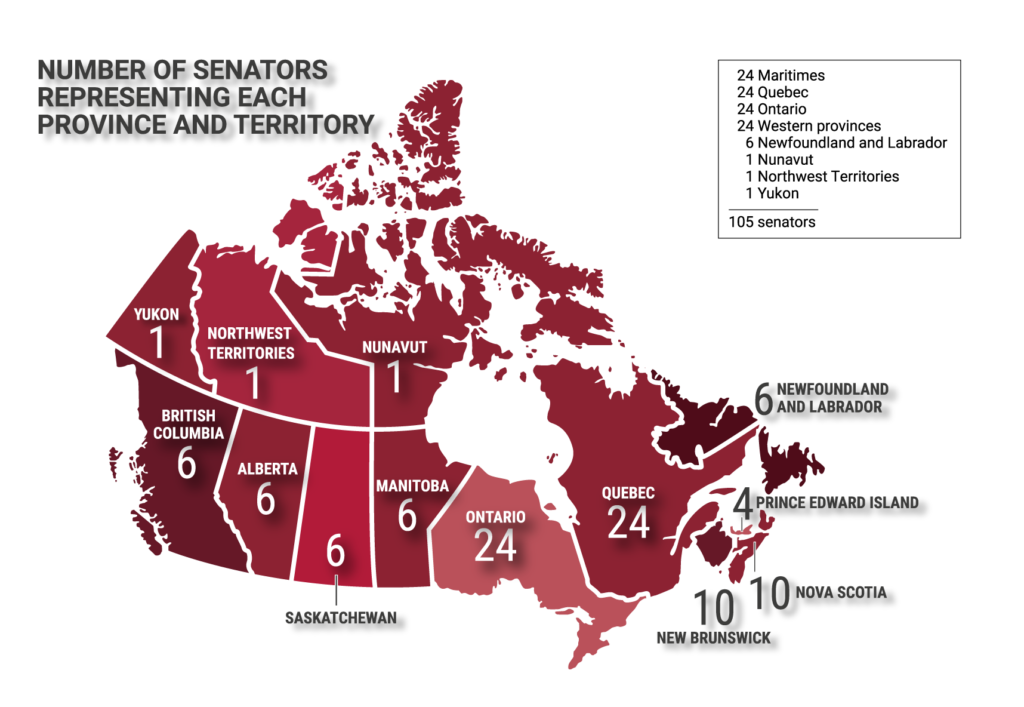
Wikipedia, eg, currently assigns the 105 seats among “political groups” as Independent Senators Group (39), Conservative Party (15), Progressive Senate Group (14), Canadian Senators Group (13), Non-affiliated (8), and Vacant (16).
Today this last number takes me back to : “P.E.I. Senate replacements taking too long, says Downe … No other province has half of its seats vacant, senator says.” When you only have four Senate seats to begin with, of course, half is only two seats. And two seats is less than 13% of the 16 seats vacant in Canada at large. But everyone rightly cuts PEI some slack, and I of course agree. (And PEI is at least showing some interest in the Senate’s “regional representation.”)
In the end an unelected Senate is still just a joke to most Canadians today?
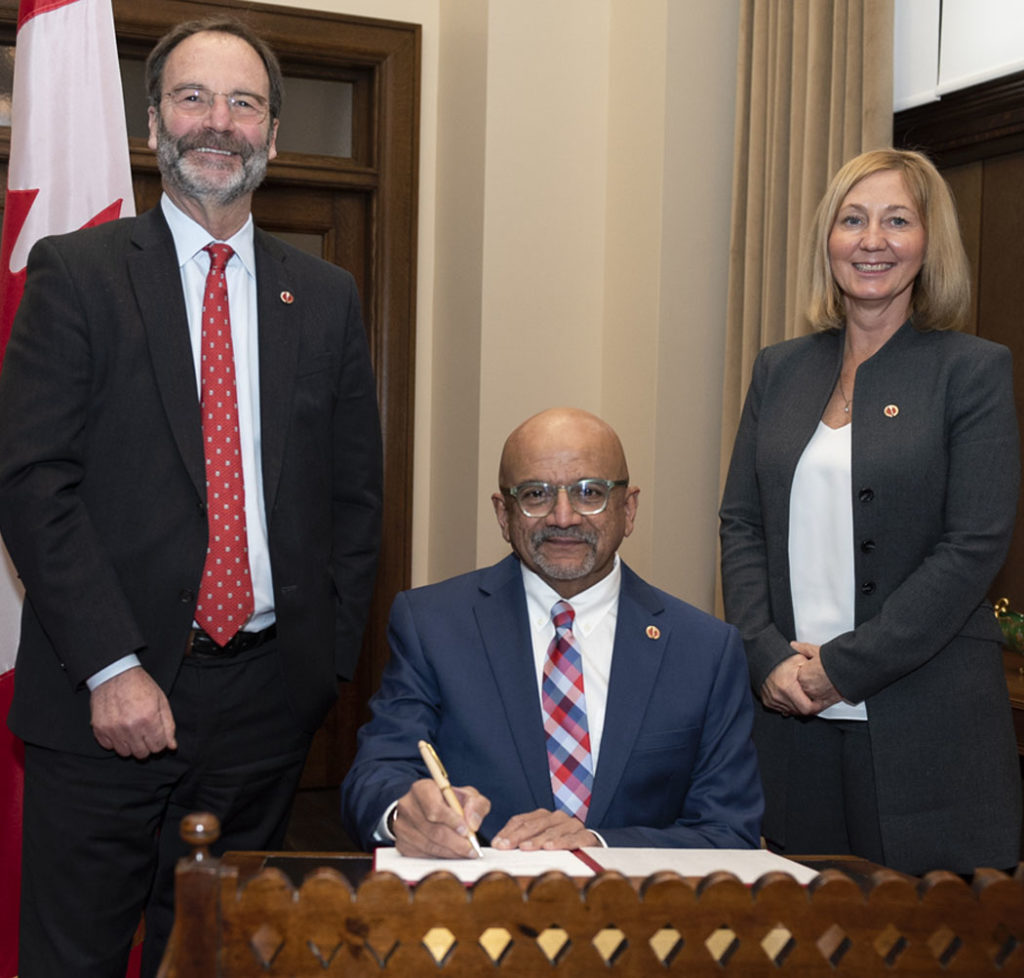
I finally wonder just what, if anything, the current vacancies mean for the continuing progress of the Trudeau Liberal non-constitutional Senate reform project. And then there is the possibly related action pointed to in “With Bill C-11 on the verge of becoming law, Senate Conservatives decry gov’t debate cut-off.” And : Controversial bill to regulate online streaming becomes law … Bill C-11 prompted much debate in its tumultuous journey through Parliament.”
The current semi-reformed (or at least revised) Senate of Canada has been one ingredient in this tumultuous journey. And does this just point to the wisdom of some dissenting provinces back when? Maybe these Trudeau Liberal reforms or revisions finally are just making things worse?? Highly qualified people are being asked to do a job for which Canada’s present-day parliamentary democracy has no political room — or at least only has room for democratically elected leaders.
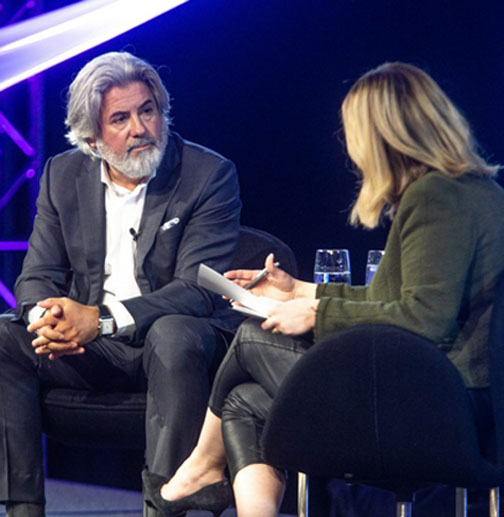
With all due deference to the no doubt improved qualifications of the 105 (–16=89) “men and women of accomplishment and experience” under the new revised edition, if they really want to hold up and flex political muscles over the likes of Bill C-11 in the 21st century Canadian senators have to be elected by popular vote. Stephen Harper was right about that. And there is a parallel non-partisan case which should appeal to the liberal democrat that must lurk somewhere inside current PM Justin Trudeau.
For any serious Senate reform in Canada, however, what both last two prime ministers have wisely enough tried to avoid — a constitutional amendment — may just be inevitable, somewhat down the road. And this is not the only looming Canadian issue of its sort. What Bloc Québécois leader Yves-François Blanchet has recently pronounced on another relic of the 19th century in Canadian government and politics today at least rhymes with Robert MacKay’s still (seriously) Unreformed Senate of Canada: : “Belonging to the British monarchy is a joke. And we need to put an end to it because they no longer have a role.”
Randall White is the author or co-author of 11 books on Canadian history and politics, including Voice of Region : The Long Journey to Senate Reform in Canada. He has currently almost finished a working draft of a 12th book, on the growth of democracy in Canada since the late 15th century. A final version will be published in hard copy by eastendbooks at some point in the near enough future — almost certainly before a 2025 Canadian federal election.



